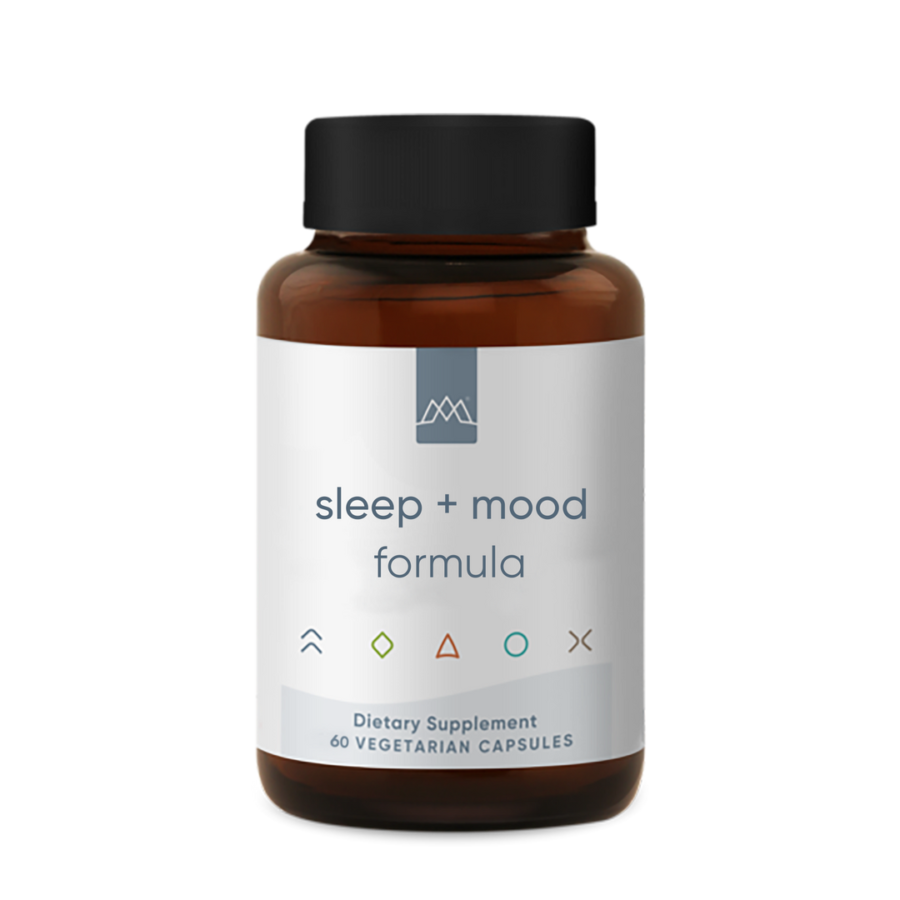Understanding the complexity of mood is vital in navigating the ups and downs of our emotional lives. It’s a complex state that can be influenced by various factors, including genetics, environment, and personal choices. While it may seem difficult to control your mood, there are certain lifestyle changes that can help to improve it. Here are five such changes that you can make to boost your mood and feel better overall.
1. Get regular exercise:
Exercise can have a profound impact on your mood, helping to support a healthy mental outlook, reduce symptoms of anxiety, and improve self-esteem and feelings of overall well-being. This happens because physical activity triggers the release of chemicals in the brain known as endorphins, which act as natural mood enhancers. These endorphins can produce feelings of euphoria and a sense of happiness, which can be especially beneficial for people who are feeling sad or stressed.
Exercise can also provide a distraction from negative thoughts and worries and can be a great way to reduce stress and clear your mind. Many long-term exercisers report using physical activity as therapy in a world of deadlines and stress from everyday life.
Whether you enjoy going for a run, taking a yoga class, or lifting weights at the gym, the simple act of moving your body can have an impact on your mood and well-being.
2. Eat a healthy diet:
The food you eat can have a significant impact on your mood. A diet that is high in fresh, organic, minimally processed fruits, vegetables, and lean proteins can help to boost mood, while a diet that is high in processed foods, sugar, and saturated fats can contribute to feelings of depression, anxiety, and lack of energy and motivation. In contrast, minimally processed whole foods and lean proteins are packed with essential nutrients like vitamins, minerals, and antioxidants that are important for overall health and well-being.
A simple mood-supporting diet should be based on eating regular, balanced meals instead of skipping meals that focus on the minimally processed foods noted above. These basic principles will help to regulate blood sugar levels and provide the body with a steady source of energy, which can improve mood and increase feelings of well-being.
3. Connect with others:
We are all aware that social connections are essential for emotional well-being. Here’s why. Humans are social creatures. As a species, we have evolved to live in groups and to interact with others for survival and reproduction. From early in our development, humans sought social connections and thrived on social interactions. We depend on social connections for emotional support, companionship, and a sense of belonging.
Research has shown that social isolation can have a negative impact on mental and physical health, highlighting the importance of social connections to human well-being. Overall, our social nature is an integral part of what makes us human.
What’s even more crucial in our world of online interactions and social media is to pursue and nurture these connections in person. This means that today, more than ever, we must push ourselves to spend quality time with friends and family both online and in person. For many, this isn’t easy, but it’s well worth the effort.
4. Manage stress:
Chronic stress can take a toll on both physical and emotional health. In fact, stress can affect many other aspects of your life, including:
Energy levels: When stress is managed properly, we often have more energy and feel more alert. This improved energy can have a positive impact on mood and overall well-being.
Ability to Focus: Stress can be a significant distraction and make it difficult to focus on tasks. By managing stress, individuals can improve focus, which in turn improves productivity and overall mood.
Better Relationships: Stress can negatively affect relationships and inadvertently lead to conflict. By managing stress, individuals can improve relationships and have more positive social interactions, which can have a positive impact on mood.
In the end, by simply managing stress, individuals can improve many aspects of their lives, which can improve their overall mood and well-being.
5. Get enough sleep:
The 5th and often overlooked lifestyle factor that supports both physical and emotional well-being is sleep. Research has shown that getting around 7-9 hours of quality sleep each night is the best way to gain all the benefits of a proper sleep schedule. There are several reasons why we spend nearly one-third of our lives sleeping. Here are just a few.
First, sleep allows our body to rest and recover, helping to reduce fatigue and restore energy levels. Next, during sleep, the brain consolidates memories and processes information learned during the day, which can improve learning and memory.
Yet, these benefits quickly turn into health problems when we fall short of our sleep goals, including negative mood states, increased stress, and mental health issues such as anxiety and depression.
Sleep + Mood
 The importance of sleep in regulating emotional well-being and mood cannot be overstated, which is why MaxLiving created Sleep + Mood Formula. A nutritional supplement that was specifically designed to help promote emotional balance by improving sleep quality This unique science-based product supports restful sleep and can improve your mood with 3mg of melatonin, which is a hormone produced in the body whose primary function controls the sleep/wake cycle critical for rejuvenating and repairing the brain and body processes.
The importance of sleep in regulating emotional well-being and mood cannot be overstated, which is why MaxLiving created Sleep + Mood Formula. A nutritional supplement that was specifically designed to help promote emotional balance by improving sleep quality This unique science-based product supports restful sleep and can improve your mood with 3mg of melatonin, which is a hormone produced in the body whose primary function controls the sleep/wake cycle critical for rejuvenating and repairing the brain and body processes.
This all-in-one formula supports serotonin’s normal production and regulation, an important brain neurotransmitter associated with a balanced emotional state to combat depression, stress, and anxiety. † Serotonin has numerous functions besides regulating mood, including regulating sleep, appetite, impulse control, and alleviating depression. MaxLiving Sleep and Mood formula is ideal for individuals looking to promote restful, uninterrupted sleep and support a balanced mood. †
In conclusion, these are just a few of the many lifestyle changes that can help to improve mood. Remember that everyone is different and what works for one person may not work for another. It’s important to experiment with different strategies and find what works best for you. And always consult with a healthcare professional before making any significant changes to your lifestyle.
† These statements have not been evaluated by the FDA.
About the Author
 Zach Zovath graduated with a Bachelor’s degree in Exceptional Education from the University of Central Florida. He continued on to receive his Master’s degree from the College of Education and Human Performance at the University of Central Florida. He is a master-level personal trainer, coach, and health consultant. In addition, his specializations include corrective exercise, performance enhancement, prenatal/postpartum core stability, and exercise therapy. As a result of his education and experience in the health and fitness industry, he has developed fast and effective exercise programs for healthcare facilities.
Zach Zovath graduated with a Bachelor’s degree in Exceptional Education from the University of Central Florida. He continued on to receive his Master’s degree from the College of Education and Human Performance at the University of Central Florida. He is a master-level personal trainer, coach, and health consultant. In addition, his specializations include corrective exercise, performance enhancement, prenatal/postpartum core stability, and exercise therapy. As a result of his education and experience in the health and fitness industry, he has developed fast and effective exercise programs for healthcare facilities.






